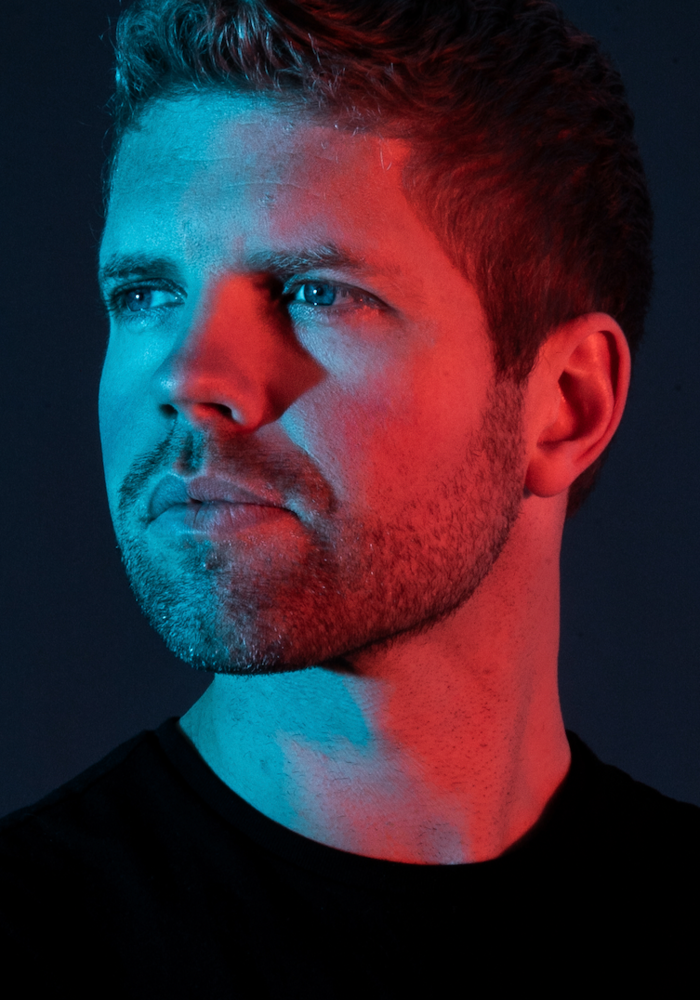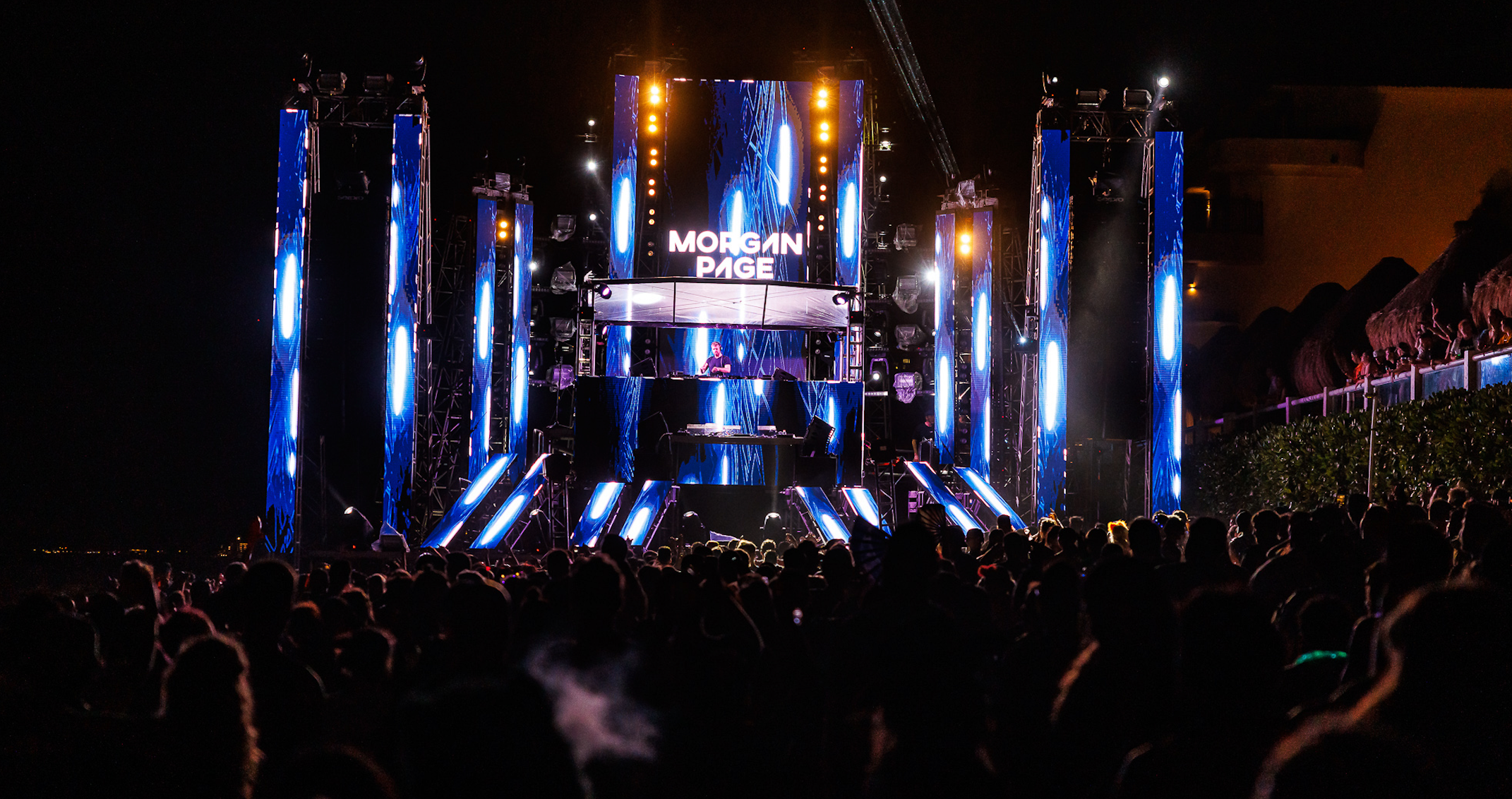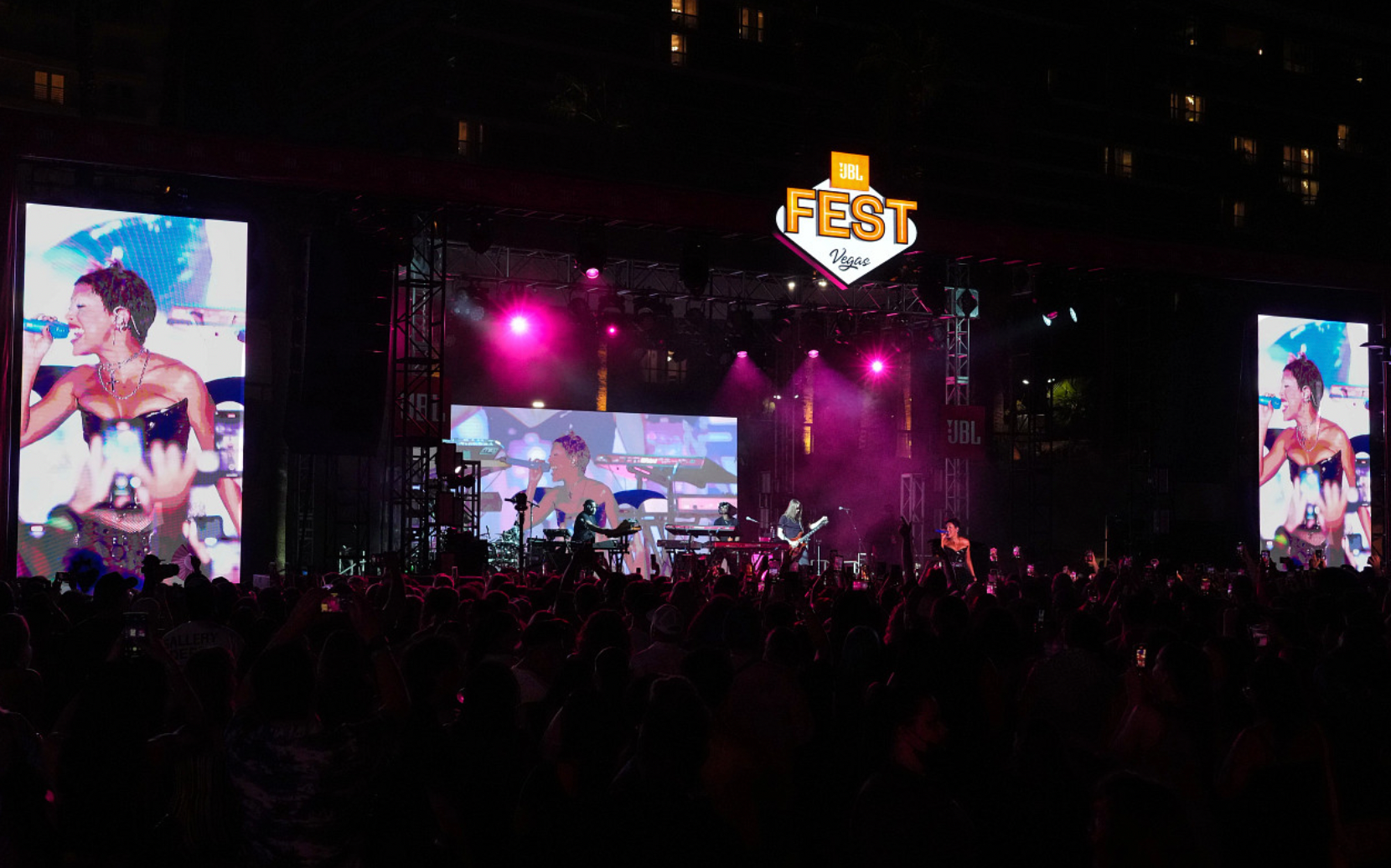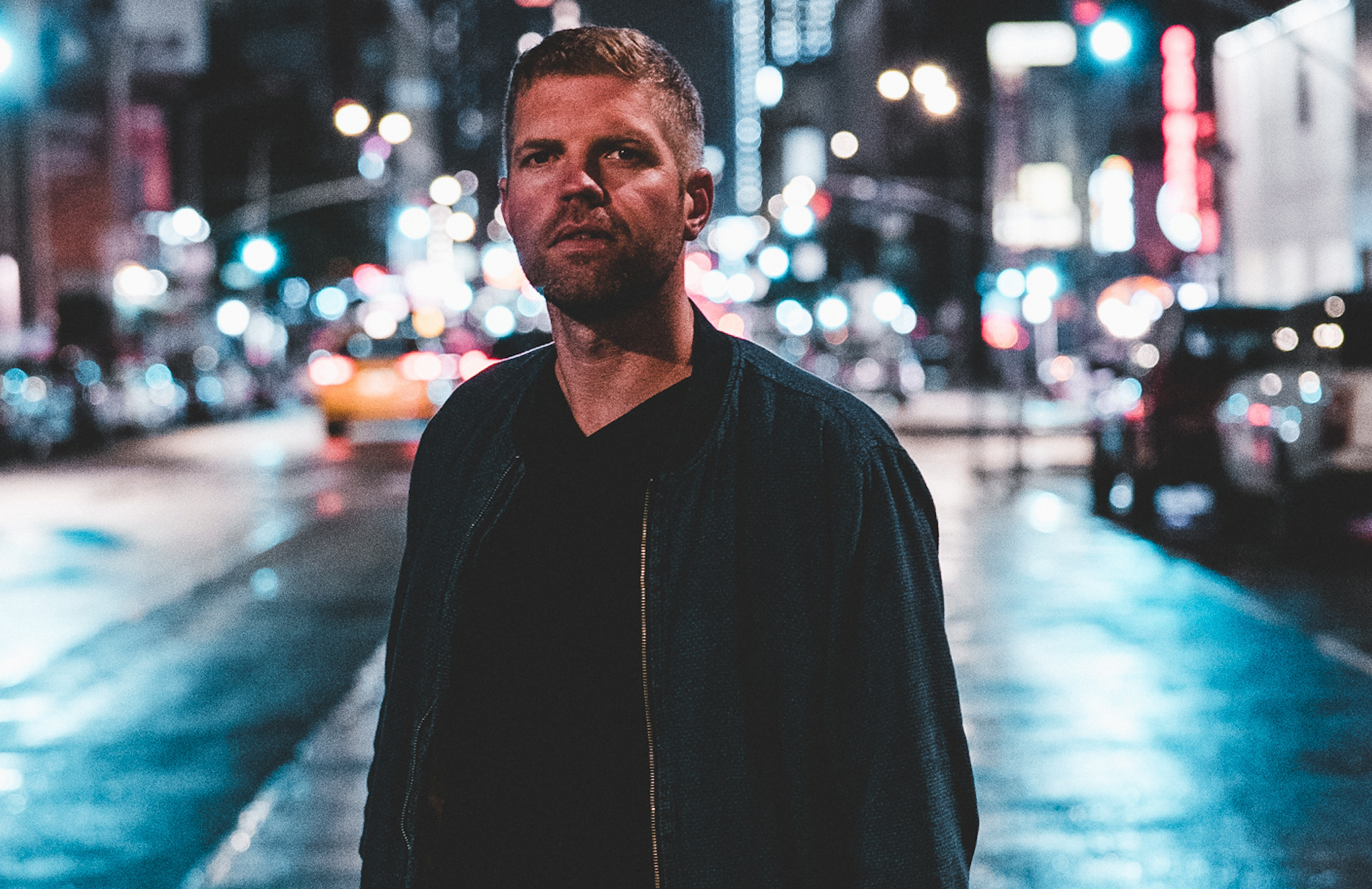Whether creating new music of his own, remixing the work of others, or finding new ways to guide emerging talent, LA-based DJ and producer Morgan Page is among the busiest exponents of electronic music in the business. Headliner managed to find a rare gap in his diary for an insightful conversation covering everything from his origins in the industry, what it takes to succeed in today’s market, his recent masterclass at JBL Fest in Las Vegas, and more…
“I’ve just done a remix for Julian Lennon,” a warm and talkative Morgan Page casually throws out when Headliner asks what he’s been up to of late, as the superstar DJ joins us via Zoom from his west coast studio. “I found out he was a fan of my music and he reached out and asked if I could do a remix of one of his singles.” There is no false modesty or showy name-dropping intended, it’s merely a measure of the vast and varied projects that have come to define his 20-year career so far. At the time of our chat, the track, entitled Lucky Ones, is without a release date, although he informs us that it should be out by the end of the year.
Lennon is, of course, far from the first artist from outside the electro world to call upon Page’s remixing services, with the likes of Madonna, Katy Perry, Nelly Furtado, Korn, Alanis Morissette, Stevie Nicks, Adam Lambert, Coldplay, The B-52s, The Police, Tegan & Sara, and a great many more among those whose work he has remixed over the years.
“I think I’ve done over 400 remixes now,” he says, gazing skyward as if attempting to recall each and every one. “They are really fast turnarounds and really fun to do,” he continues, “whereas the originals take a lot longer, but can be more satisfying in the long run. Ever since the pandemic started, I’ve been doing livestreams as well. I started doing one hour mixes every week. They were livestreams that were totally on the fly. I’d pick an hour of new music I hadn’t heard before, curate it, and then mix on the fly in one take. That’s been a challenge; I have to find 20 new songs every week.”
His commitment to seeking out diverse and eclectic collaborators is matched only, it seems, by a steadfast determination to keep challenging himself technically and refining his already substantial chops. This, he explains, has always been part of his makeup as an artist, but has become especially important to him during the most restrictive periods of lockdown.
“It’s crucial in keeping your skills together and flexing that muscle,” he says. “In music we can forget to practice as much as we should. A violinist or a cellist would practice and be very disciplined because of the physicality of their instrument, but as a DJ you have to stay sharp and keep brushing up your skills. And you have to be really organised. The most tedious part of DJing is keeping your library together, keeping all the metadata well organised and tagged.”
Such discipline has evidently served Page well since breaking onto the scene in the late-‘90s/early-‘00s. His route to the upper echelons of the DJ fraternity was less than conventional, and he certainly trod his fair share of hard yards along the way.
“It was a sideways entrance into the music world,” he recalls. “I did it through radio. I was a radio DJ, and as a high school student I did my own mix shows at college stations. That lead to DJing in college and internships in the summer at record labels. I produced a little bit first, then did some DJing, and the internships allowed me to get some songs signed. At the end of high school, I was able to get some music signed early on, and I thought it would be a very quick start, but it was a long process - a 10-year overnight success, as they say.






